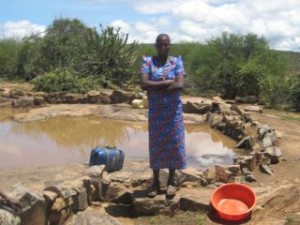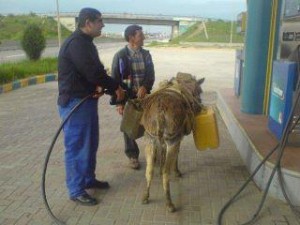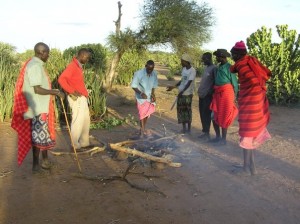“I conceive that the great part of the miseries of mankind are brought upon them by false estimates they have made of the value of things.” – Benjamin Franklin
 Expensive On Other Planets: In Salt Lake City, I once met an exobiologist who studied the bacteria that live under the Antarctic ice-sheet. Camping in a tent, she spent her days diving into holes in frozen lakes to collect samples. She told me it was a “Mars model,” considered one of the few places on earth that can approximate extraterrestrial conditions.
Expensive On Other Planets: In Salt Lake City, I once met an exobiologist who studied the bacteria that live under the Antarctic ice-sheet. Camping in a tent, she spent her days diving into holes in frozen lakes to collect samples. She told me it was a “Mars model,” considered one of the few places on earth that can approximate extraterrestrial conditions.
NASA’s latest mission just spent $2.5 billion dollars to actually look for water on Mars. Its simple presence is a signal that life can exist, whatever planet you are on. Whether or not one feels this is money well spent, it shows the lengths we’ll go and the money we’ll spend on water. Continue reading





